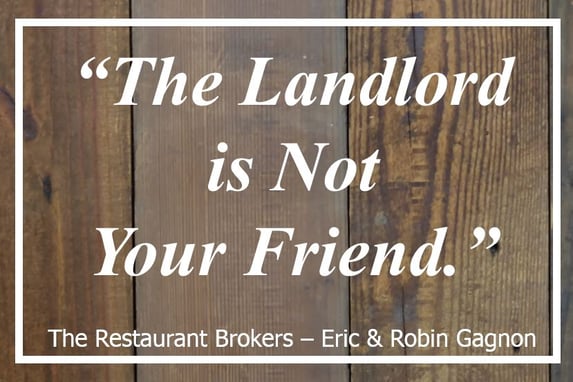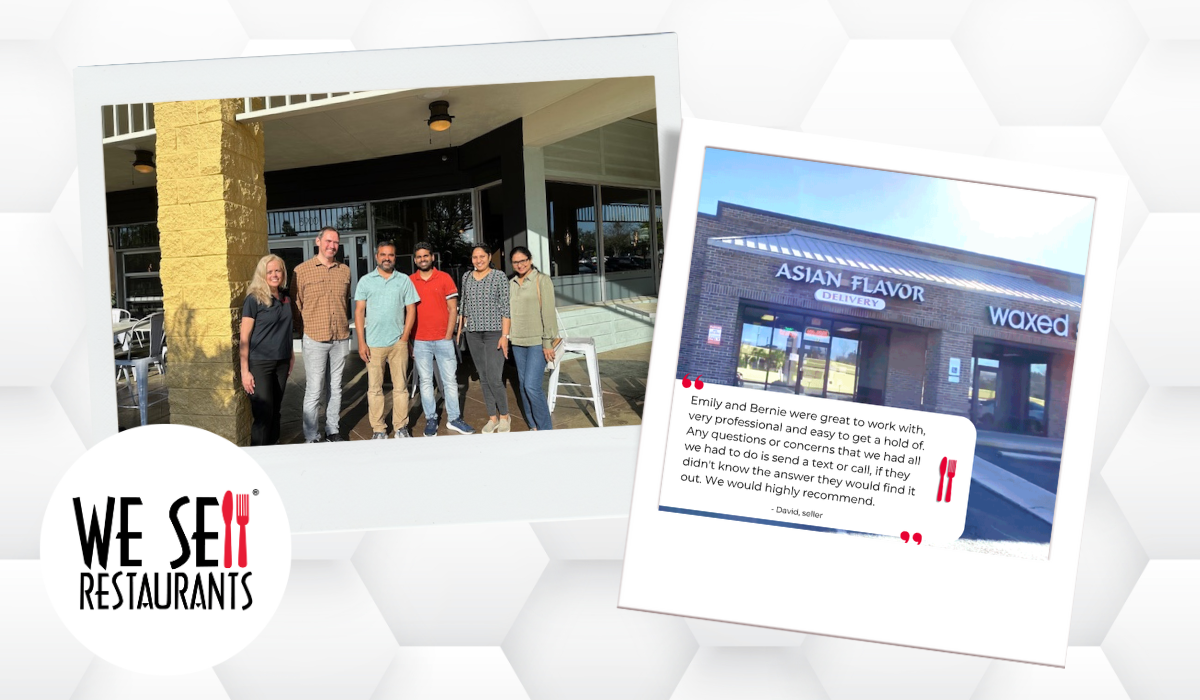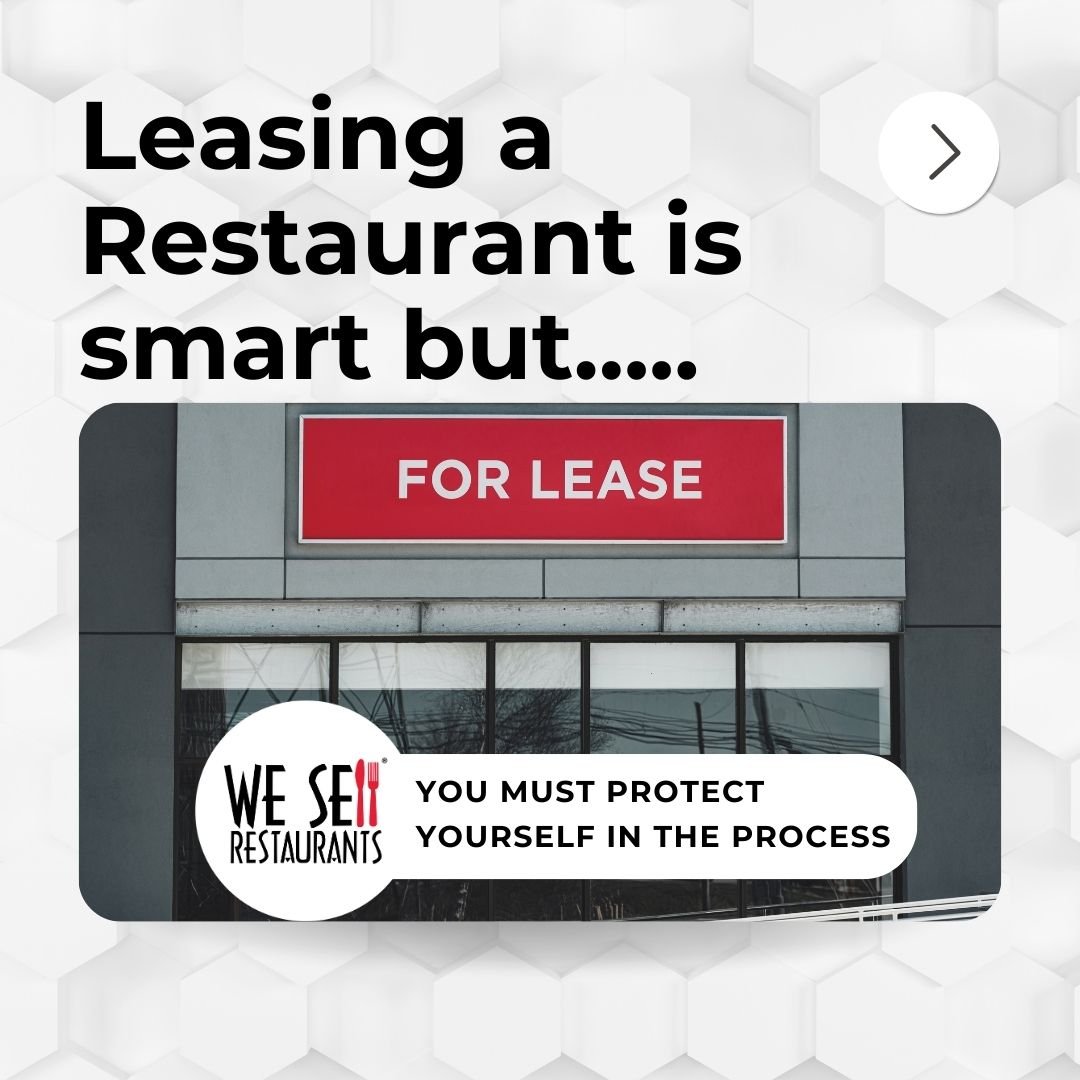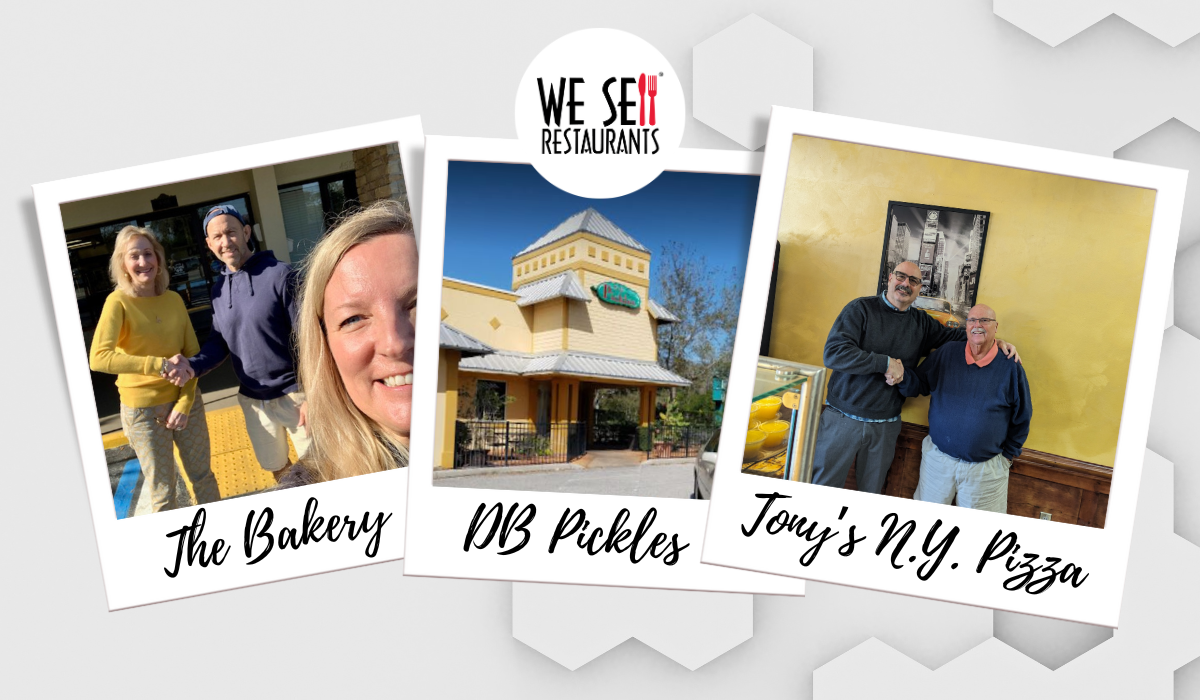Ready to sell your restaurant? Sales are up and profits are record breaking so in your mind, it seems like smooth sailing. Not so fast. The restaurant brokers want to make sure you check that lease (multiple times) to be sure you understand the three following clauses which can make or break your deal to sell your restaurant.
Assignment and SublettingThe authority to assign and sublet is usually restricted to the landlord. This includes if you sell your corporation (a common question) or change the ownership structure. The bottom line is this. Landlords want to control who is leasing their property.
 Study the assignment and subletting language in your lease before you open the door on negotiations. While the most common language prevents any form of transfer without landlord consent, there are exceptions. Occasionally clauses allow for what’s termed a “permitted transfer”. In this instance, it does not require the landlord consent.
Study the assignment and subletting language in your lease before you open the door on negotiations. While the most common language prevents any form of transfer without landlord consent, there are exceptions. Occasionally clauses allow for what’s termed a “permitted transfer”. In this instance, it does not require the landlord consent.
These permitted transfers or what some term an “auto-assign” clause are most frequently seen with franchise brands. They give you the authority move the deal forward without engaging with the landlord. Examples of this type of language include clauses that say you have the right (as the tenant) to assign to an approved franchisee of the same concept. Similar language may say the lease may be assigned if the buyer has a net worth equivalent to your own (the restaurant seller) net worth.
If you’re not sure what your lease is saying, it is worth paying your attorney or asking your restaurant broker to weigh in on the language.
Most leases have language saying that a landlord may not “unreasonably withhold” consent. While this language sounds good in theory when you’re selling your restaurant; in practice, it’s pretty benign language. In our experience, you (or your restaurant broker) is still going to have to jump up and down and make a dozen calls to get the lease assigned.
Usually any lease assignment will require the consent of the landlord and even if he agrees to assign, don’t assume this will mean you are released from your personal guarantee. Most landlords will do everything possible to retain as many guarantors as possible on the lease.
Renewal Options and Renewal Periods
As restaurant brokers, we commonly review leases on behalf of our clients and always point out when a renewal must be executed. The most common language in leases states you must notify the landlord of your right to renew no more than 180 days prior to termination of the current lease term. Read this carefully. This gives you a short period that is strictly defined for when you must exercise your option to renew. We are increasingly finding that landlords are allowing leases to lapse and then playing games with tenants for additional rent because they “lost” their option rates by not renewing on time.
You may remember that the restaurant brokers are strong advocates that the landlord is not your friend (see our book Appetite for Acquisition) and the chapter by the same title. With many older leases set to renew at below market rates, landlords are taking the position that if you forget to tell them, they certainly won’t remind you. That makes your option to renew invalid. They can choose to non-renew you, or in the case of a few clients we’ve seen recently, they will renew but at new (higher) negotiated rates. Make a reminder in your calendar now to check out the renewal time period for your lease and make sure you renew or non-renew on your own terms. If you’re selling your restaurant, we must have years left on the lease to satisfy both the SBA lender and most clients buying a restaurant.
Market Rate
The last item to check on your lease are any references to "market rent." As restaurant brokers we really don't like this term when it comes to our sellers and buyers. What is market rate? Essentially, it's whatever the landlord wants to determine it to be. We have yet to see a landlord negotiate this to be anything less than a healthy increase over what you're paying.
If you're selling your restaurant, study the lease first or engage a restaurant broker to do this for you. There three make or break terms may affect your ability to sell the restaurant.

Robin Gagnon, Certified Restaurant Broker®, MBA, CBI, CFE is the co-founder of We Sell Restaurants and industry expert in restaurant sales and valuation. Named by Nation’s Restaurant News as one of the “Most Influential Suppliers and Vendors” to the restaurant industry, her articles and expertise appear nationwide in QSR Magazine, Franchising World, Forbes, Yahoo Finance, and BizBuySell. She is the co-author of Appetite for Acquisition, an award-winning book on buying restaurants.

 404-800-6700
404-800-6700.png)










